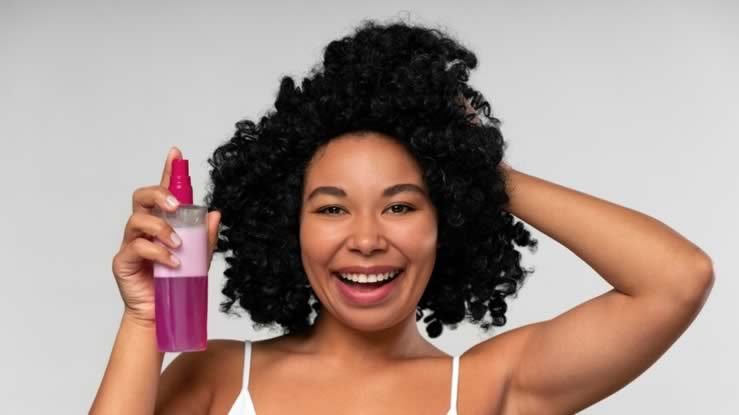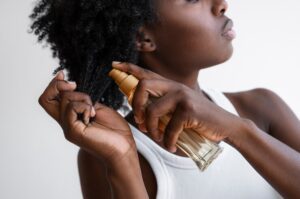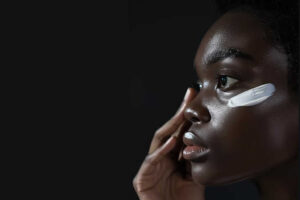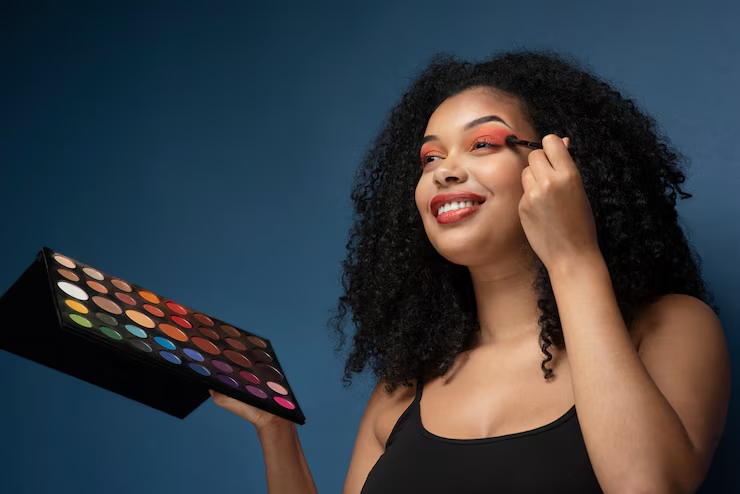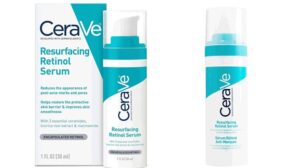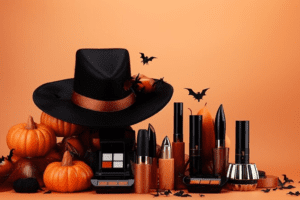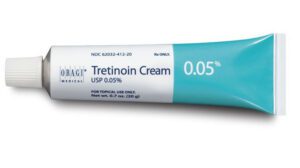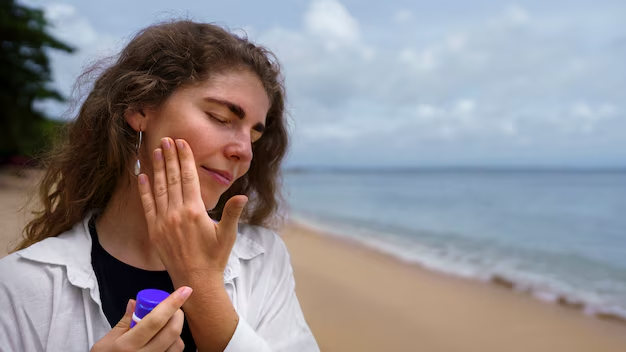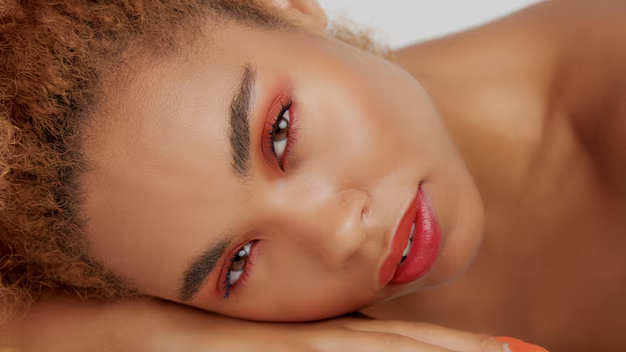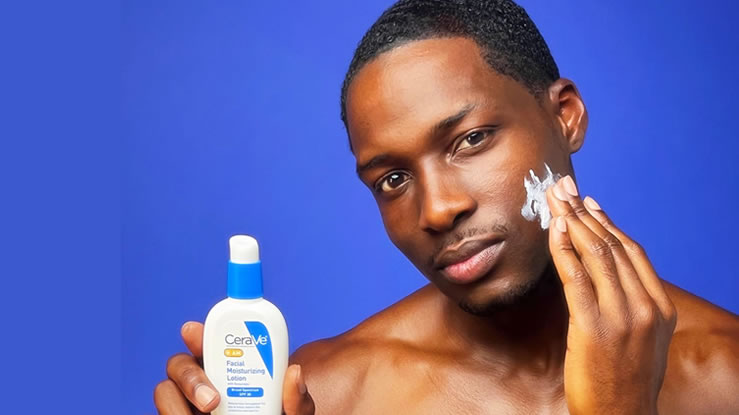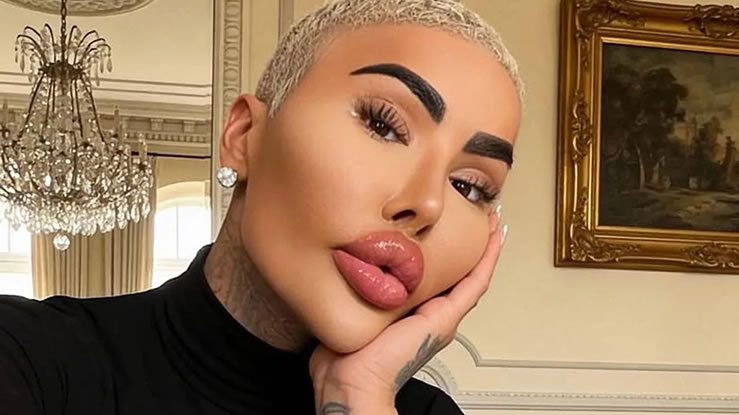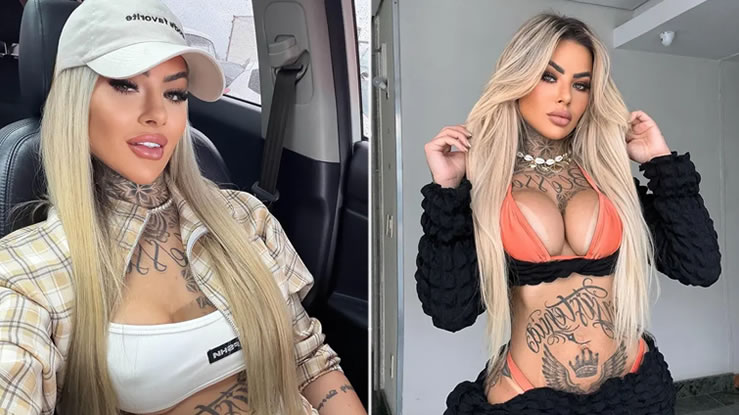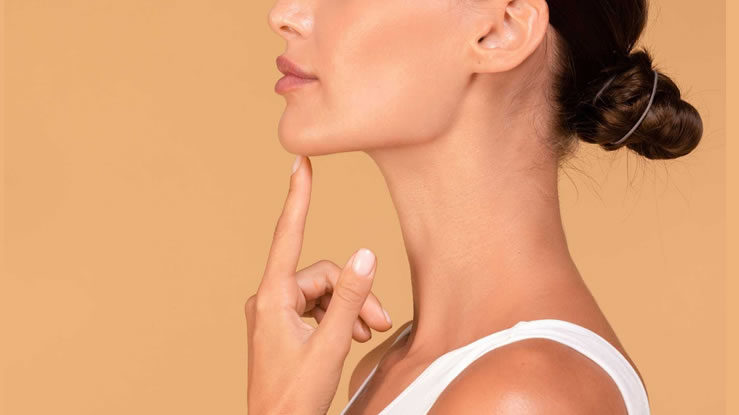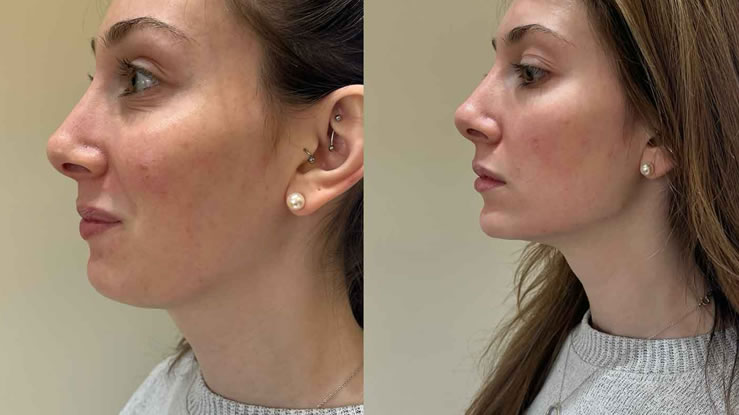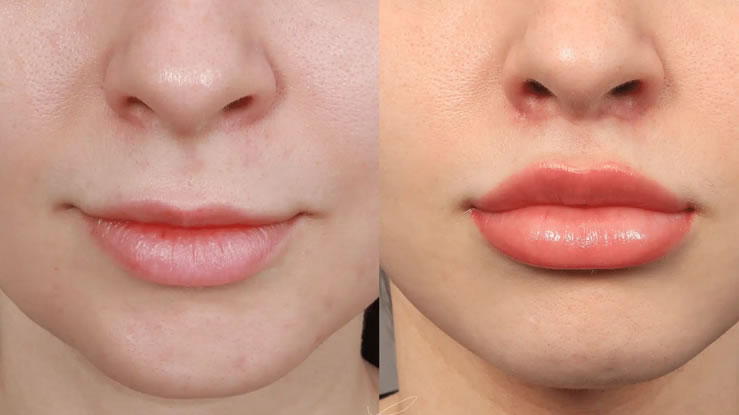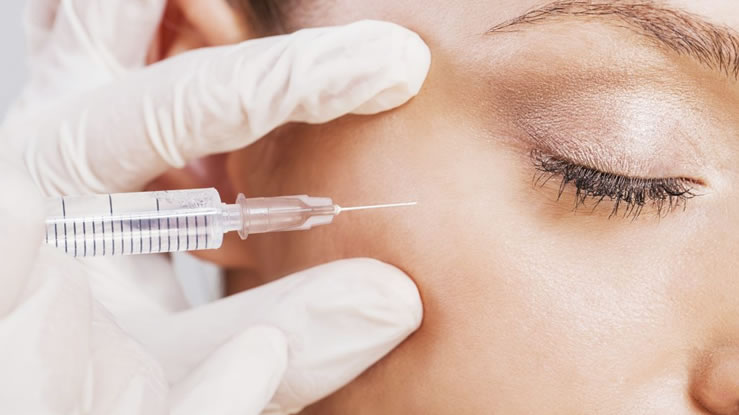Hair loss is a concern for millions of men and women worldwide. One of the most common questions people ask when dealing with hair thinning is: “What shampoo should I use to prevent or treat hair loss? or Which Shampoo for Hair Loss” With countless products on the market, choosing the right one can be overwhelming. In this article, we will explore whether shampoos can genuinely impact hair loss, the types of shampoos available, and the role of medical shampoos in hair care.
The Truth About Shampoo and Hair Loss
Contrary to popular belief, the shampoo you use has minimal impact on preventing or stopping hair loss. The primary function of shampoo is to cleanse the scalp, removing excess oil, dirt, and environmental pollutants. Hair loss is mostly influenced by genetics, hormonal imbalances, diet, stress, and underlying medical conditions rather than external hair care products.
One of the most eye-opening insights came from a talk at the ISHRS World Conference in 2014, where a leading scientist from Johnson & Johnson revealed that he personally used Head & Shoulders. This revelation shocked the audience, considering that Johnson & Johnson has invested billions in hair care research. His reason? Shampoo has little to no effect on hair growth, and choosing one should primarily be based on keeping the scalp clean and healthy.
In this article, we’ll explore:
- The best types of shampoos for hair loss
- Key ingredients to look for
- The effectiveness of medicated shampoos
- Proven ways to prevent and slow down hair loss
If you’re struggling with thinning hair, this guide will help you make an informed decision when choosing a hair loss shampoo.
Does Shampoo Really Help with Hair Loss?
One of the biggest myths surrounding hair care is that shampoos can regrow hair. In reality, hair loss is mostly influenced by genetics, hormones, diet, stress, and medical conditions rather than external hair care products.
At the ISHRS World Conference (2014), a leading scientist from Johnson & Johnson revealed that he personally used Head & Shoulders, despite the company investing billions into hair care research. His reason? Shampoo has little to no effect on hair growth.
However, this doesn’t mean shampoo is useless. While it won’t regrow hair, the right formula can:
- Keep the scalp healthy and free from build-up
- Reduce inflammation and irritation that can lead to hair loss
- Strengthen existing hair strands and improve texture
So, What Causes Hair Loss?
Before choosing a shampoo, it’s essential to understand why hair loss happens. Common causes include:
- Genetics (Androgenetic Alopecia) – The leading cause of hair loss in men and women.
- Hormonal Changes – Pregnancy, menopause, and thyroid disorders can trigger hair thinning.
- Poor Diet – Deficiencies in iron, zinc, biotin, and protein weaken hair follicles.
- Stress (Telogen Effluvium) – Extreme stress can push hair into the shedding phase.
- Scalp Conditions – Dandruff, seborrheic dermatitis, and psoriasis can affect hair growth.
The key to managing hair loss is addressing the root cause rather than relying on shampoos alone.
Read Also>>>The Best Oily Scalp Products for Oily Scalp with Dry Ends
The Best Types of Shampoos for Hair Loss
Choosing the right shampoo depends on your scalp condition and hair type. Below are the main types of hair loss shampoos and their benefits.
1. Gentle Cleansing Shampoos
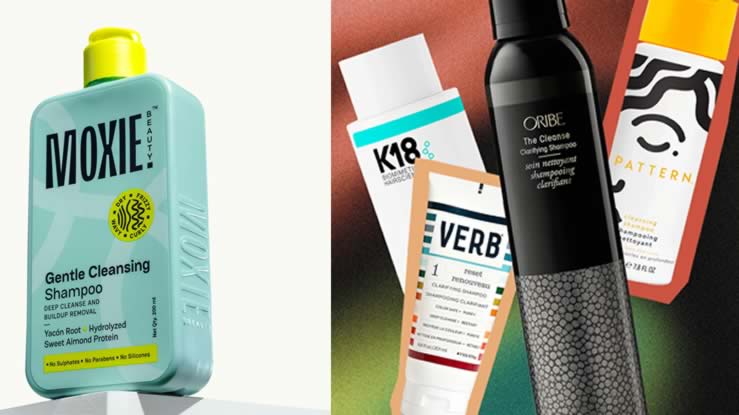
Best for: Mild hair loss, sensitive scalps
- Removes dirt, oil, and product build-up
- Prevents clogged hair follicles
- Strengthens hair strands
💡 Look for: Sulfate-free shampoos to avoid stripping natural oils.
2. Medicated Hair Loss Shampoos
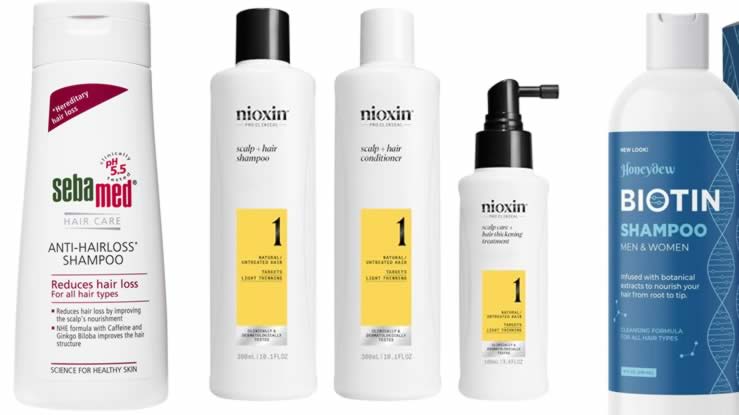
Best for: Scalp conditions like dandruff, seborrheic dermatitis, or psoriasis
These shampoos contain active ingredients that help reduce inflammation and unclog follicles.
- Ketoconazole (Nizoral Shampoo) – An antifungal agent that fights dandruff and reduces inflammation.
- Pyrithione Zinc – Found in anti-dandruff shampoos, controls scalp irritation and flakes.
- Salicylic Acid – Helps exfoliate the scalp, preventing clogged hair follicles.
💡 Example: Nizoral Anti-Dandruff Shampoo – Often recommended for those experiencing scalp-related hair loss.
3. Hair Growth Stimulating Shampoos
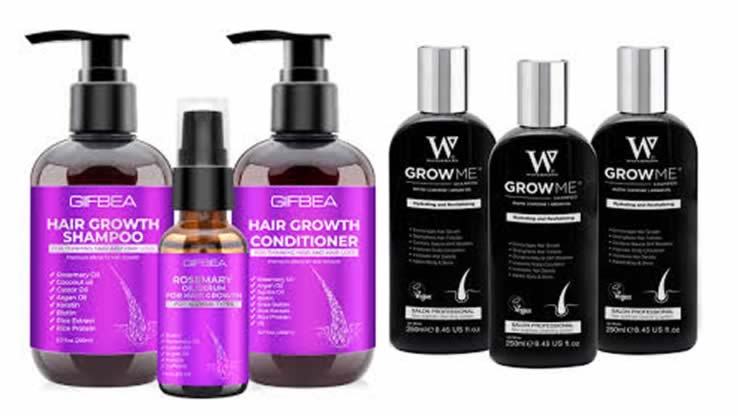
Best for: Weak, thinning hair
Some shampoos claim to stimulate hair follicles, but scientific evidence is limited. However, certain ingredients support hair health.
- Biotin – Strengthens hair strands (but does not regrow hair).
- Caffeine – May stimulate scalp circulation.
- Saw Palmetto – Thought to block DHT, the hormone linked to hair loss.
💡 Example: Pura D’Or Hair Thinning Therapy Shampoo – Contains biotin, saw palmetto, and argan oil.
4. Natural & Organic Shampoos
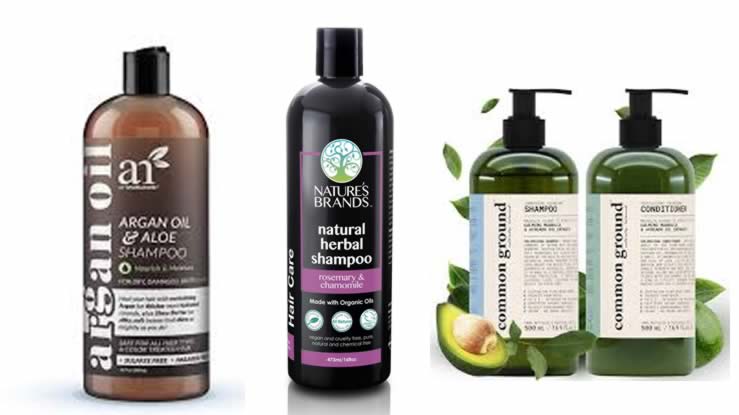
Best for: Those avoiding harsh chemicals
- Free from sulfates, parabens, and silicones
- Hydrates and nourishes the scalp
- Prevents breakage and dryness
💡 Example: SheaMoisture Jamaican Black Castor Oil Shampoo
Do Medicated Shampoos Work for Hair Loss?
While medicated shampoos can help create a healthier scalp environment, they are unlikely to be a standalone solution for treating hair loss. The effectiveness of a medicated shampoo depends on the active ingredient and its absorption into the scalp. Research suggests that for proper absorption, the shampoo should remain on the scalp for at least six minutes before rinsing. However, most people do not leave shampoo on for that long, reducing its effectiveness.
✔ The active ingredient – Some (like ketoconazole) are more effective than others.
✔ How long they stay on the scalp – Leaving shampoo on for at least 5-6 minutes improves absorption.
✔ Consistency – Using the right shampoo regularly can support hair growth.
If hair loss is severe, shampoos alone will not stop it.
How to Prevent Hair Loss Naturally | Shampoo to Treat Hair Loss
Since shampoo alone won’t regrow hair, here’s what really works:
1. Maintain a Nutrient-Rich Diet
- Eat eggs, nuts, spinach, and fish for biotin and omega-3s.
- Consider supplements if deficient in iron, zinc, or vitamin D.
2. Reduce Stress
- Chronic stress triggers excessive shedding.
- Try meditation, exercise, and 7-8 hours of sleep.
3. Avoid Excessive Heat & Chemicals
- Heat styling and harsh treatments weaken follicles.
- Use a heat protectant spray when styling.
4. Use Conditioner & Scalp Treatments
- Deep condition once a week to strengthen hair.
- Try scalp treatments with peppermint oil for better circulation.
5. Consider Medical Treatments
- FDA-approved treatments like Minoxidil (Rogaine) can help.
- Finasteride (Propecia) blocks DHT, preventing genetic hair loss.
Medicated Shampoos for Hair Loss You can use
Some shampoos contain active ingredients that help treat specific scalp conditions, such as dandruff, seborrheic dermatitis, and inflammation, which may indirectly impact hair loss. Medicated shampoos usually contain ingredients like:
- Ketoconazole (Nizoral Shampoo): An antifungal agent that helps combat dandruff and inflammation, which can contribute to hair loss.
- Pyrithione Zinc: Found in anti-dandruff shampoos like Head & Shoulders, it helps control scalp irritation and flakes.
- Salicylic Acid: Helps exfoliate the scalp and remove excess oil, keeping hair follicles clear.
- Caffeine & Biotin: Some hair loss shampoos contain these ingredients, claiming to stimulate hair follicles and promote growth, though scientific evidence is limited.
Can Shampoo Stop Hair Loss?
🚫 No – Shampoo alone cannot stop hair loss. However, choosing the right shampoo can:
- Support scalp health
- Reduce inflammation and irritation
- Strengthen existing hair strands
If you’re dealing with significant hair loss, focus on:
- Using a gentle, sulfate-free shampoo
- Eating a nutrient-rich diet
- Managing stress & lifestyle factors
- Considering medical treatments
Choosing the right shampoo is important for scalp health, but it is not a miracle solution for hair loss. Instead, focus on maintaining a clean, balanced scalp and addressing underlying causes through proper nutrition, stress management, and medical interventions. If you are dealing with significant hair loss, consult a professional for personalized advice.
By understanding the role of shampoo in hair care, you can make informed decisions and choose the best products suited for your hair needs. Remember, keeping it simple and sticking to a regular, gentle shampoo is often the best approach.
💡 Remember: The key to preventing hair loss is treating the root cause, not just switching shampoos!
Related Topics;

